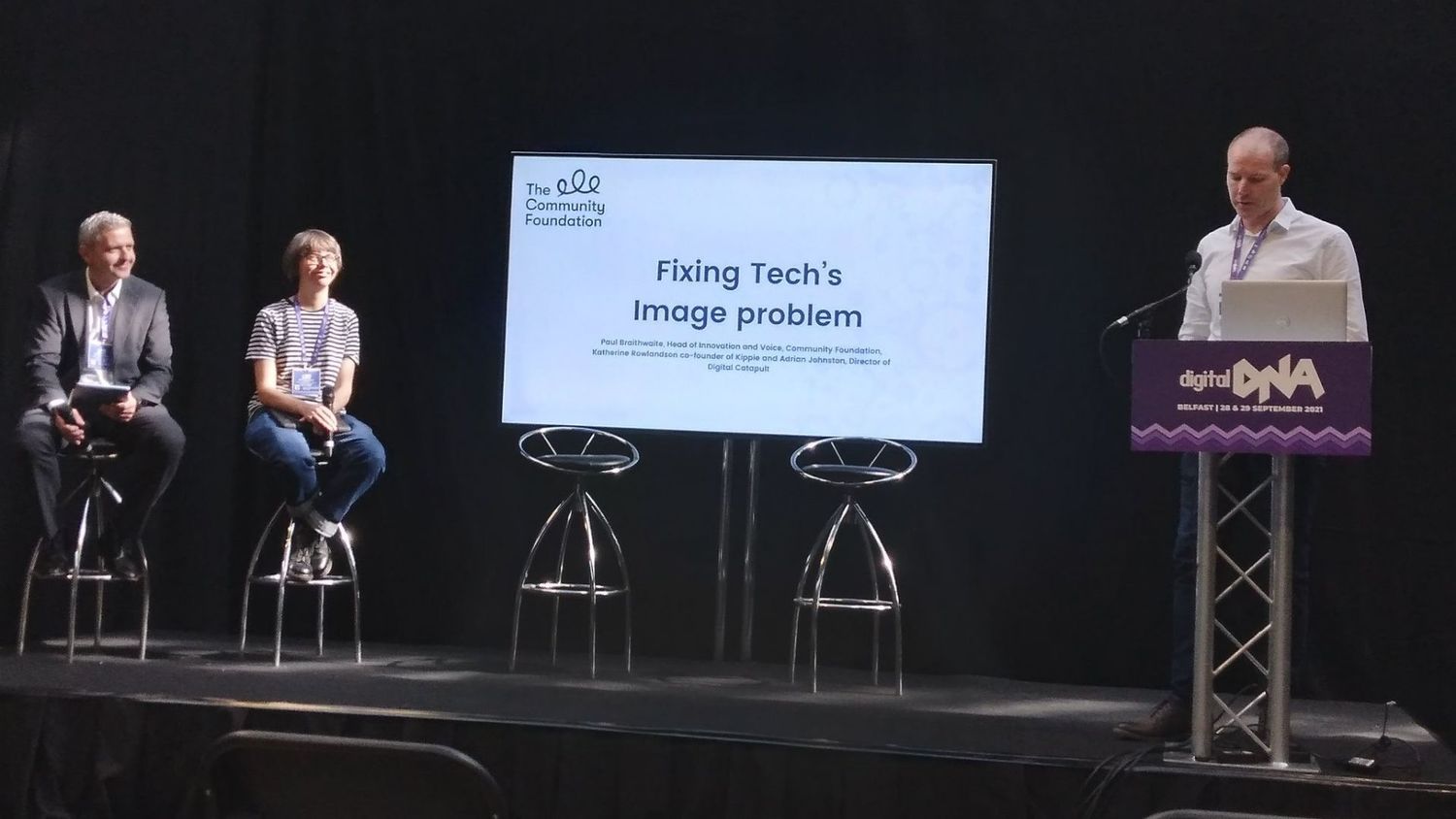

Foundation News
Digital Transformation in the Third Sector is Long Overdue
28 Sep 2021
It could be argued that the Covid19 pandemic has done more for digital transformation in the voluntary sector than any capacity building programme or fund could ever have achieved. Zoom meetings and workshops are now standard procedure, like it or not. Necessity is the mother of invention as they say!
Despite this unplanned skills boost, which came about in a way that no-one would have desired, the VCSE sector remains well behind in terms of digital capacity. There are probably many factors contributing to this, including lack of suitable funding, the fact that two-thirds of organisations have an annual income of £100,000 or less and perhaps even the relatively older age profile of sector trustees compared to the general population (24% of trustees are under 45, compared to 57% of the general population). In the past, when the sector has engaged with digital, it has tended to be to highlight the risk of digital exclusion for vulnerable members of our communities when services move online, and rightly so. However, the other side to that story is that the digital transformation of our society is, for better or worse, inevitable and unstoppable. If the VCSE sector is not itself equipped with the necessary digital skills, knowledge and tools, it will not be in a position to support those same vulnerable members of our communities to make the transition.
The irony is that this is the same Northern Ireland where the digital economy has been rapidly expanding for more than a decade – hardly a week goes by without a new digital jobs announcement, often with government funding attached. So how can the VCSE sector tap into this local bank of tech know-how, and why are the government and others not investing in the digital upskilling of the sector in any meaningful way?
Since 2015 the Foundation, initially through its partner Building Change Trust, has been investing in ‘tech for good’ through its Techies in Residence programme. The programme matches VCSE organisations with technology partners to build digital products that can have direct benefits for individuals and communities. For example, young people with arthritis are better able to manage their condition with Versus Arthritis’ symptom tracker app and people living in housing deprivation are better able to seek redress from statutory bodies through PPR’s digital human rights complaints tool.
We’ve supported the development of 32 ‘tech for good’ products like these over the five cycles of the programme to date. Our recently completed external evaluation found the programme to be a highly effective way of not only producing innovative tech products, but also sparking a more wholesale and strategic engagement with digital within participating organisations.
“We have always had an interest in developing technology in the organisation, but we really had no idea of where to start in terms of connecting our service-users to digital supports.” – TiR past participant
We’re proud of the projects we’ve supported and plan to continue Techies in Residence with further cycles in future. However the ‘digital innovation’ approach which is the focus of the programme, that is, creating new tech products for direct social impact, is not only limited by the scale of funding we can secure for the programme, but also by the fact that this is only one dimension of what is needed for the digital transformation of the VCSE sector. There are currently no programmes or funds in Northern Ireland that explicitly support the VCSE sector to engage with existing technology, upskill its workforce or upgrade its often ageing hardware.
We want to play an active role in redressing this in the years to come, but the challenge is more than any single funder or programme can cater for. We’re calling for a dialogue amongst government, independent funders and the VCSE sector to produce a shared strategy for digital transformation that can attract the prioritisation and resources it deserves.
Digital technology is bringing huge changes to our society – some positive, some undoubtedly damaging. It could tip either way in future and the balance will be determined by the intent and values of those with power in their hands. The ‘tech for good’ agenda is ultimately about social justice – unchecked, big tech and the digital advertising industry can leave people feeling disempowered and manipulated, with those already at the sharp end of inequalities being impacted most. It’s time for the VCSE sector to catch up and take its place at the table in ensuring tech is used for social good.






